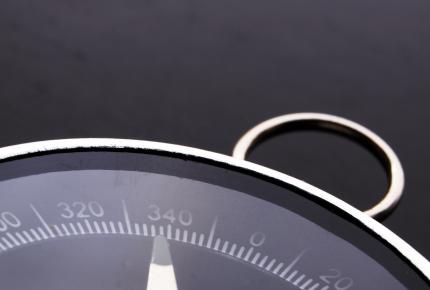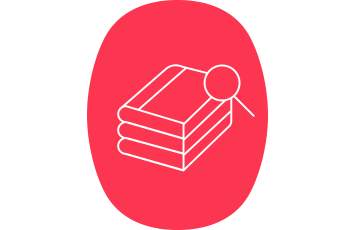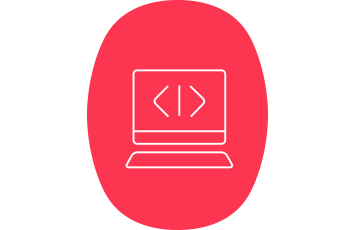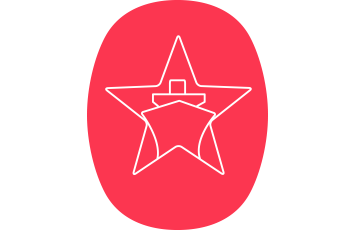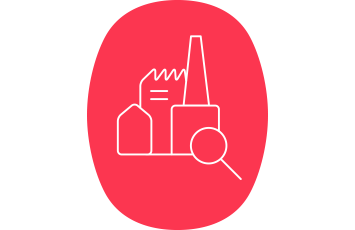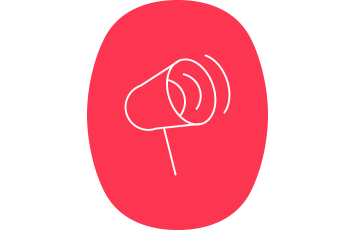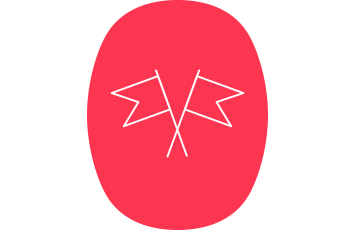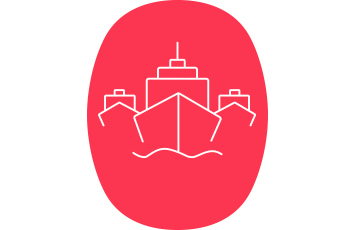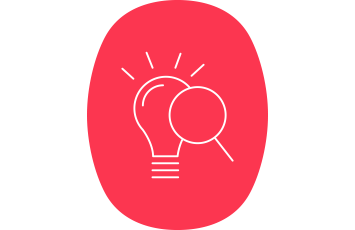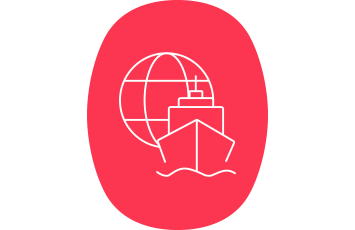Seakeeping and sloshing
Much of Bureau Veritas’ Research and Development (R&D) work involves improving our understanding – and that of our clients and partners – of hydrodynamics. We work closely with both ship owners, offshore asset owners, engineers and others to model wave loads and assess their impact, using our understanding of fluid dynamics. With this knowledge, we can evaluate fluid interactions, help reduce sloshing risks and improve the overall integrity of an asset.
Our in-house software provides a powerful and independent verification of our clients’ own calculations. Both HYDROSTAR and FOAMSTAR have been developed and updated based on the outcomes of our ongoing R&D endeavors.
Our Projects
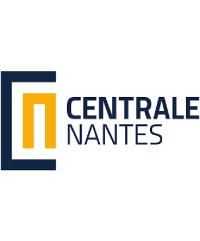 | CHAIRE ECN#UserGroups #Marine |
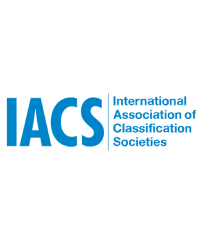 | PT PH49 / PT PH50#Seakeeping #StructuralIntegrity |
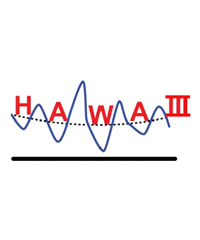 | HAWA-III#JIP #Offshore |
 | EVAP#Marine |
 | SEACAL#Marine |
 | TRANSOM#SeakeepingAndSloshing |
 | K2+#SeakeepingAndSloshing |
 | MAMBO#SeakeepingAndSloshing |
 | SEACAL_2#SeakeepingAndSloshing |
 | SPECSPEC is a co-operative research ship project that aims to better predict critical events such as slamming, greenwater, run-up or extreme loads and to better define the screening indicators. |
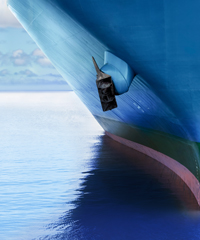 | IMBOLSLING is a co-operative research ship project that brings together an unparallelled, multidisciplinary team to study impact of boiling liquid on sloshing pressures. |
Our Software
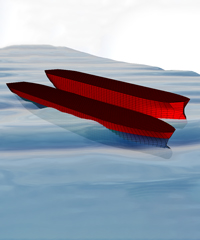 | HYDROSTAR#Software #Marine |
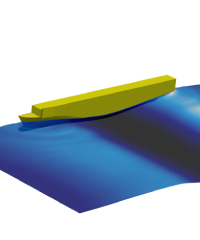 | FOAMSTAR#Software #Marine |
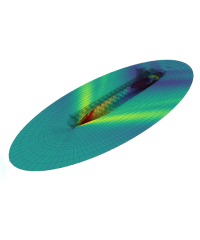 | HYDROSTAR-V#Software #Marine |
